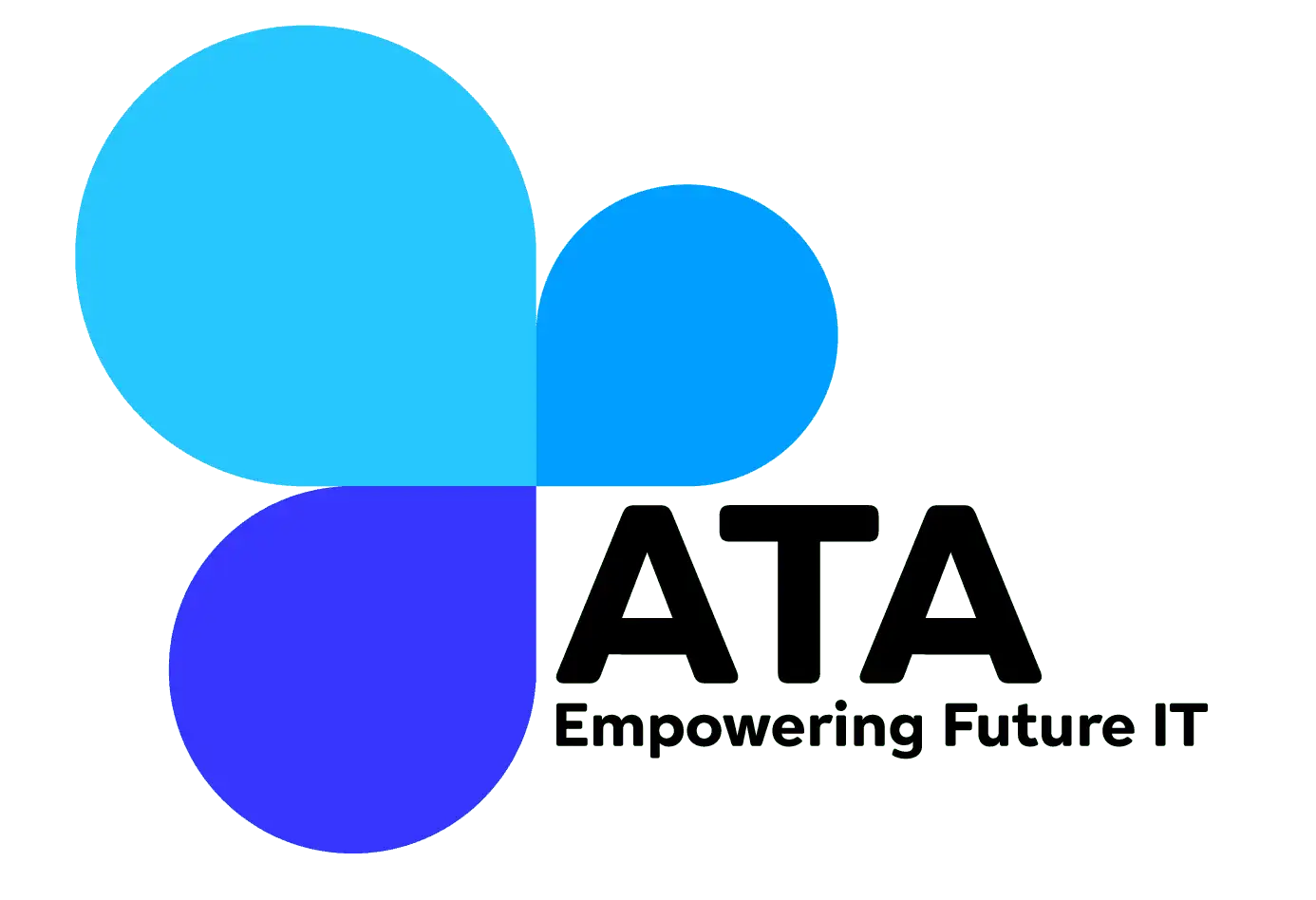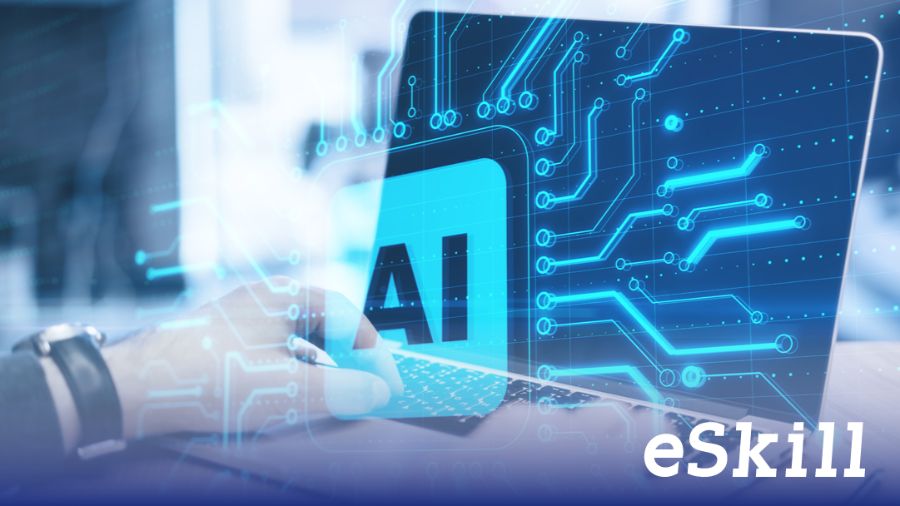In today’s fast-paced world, artificial intelligence (AI) is becoming an integral part of our daily lives, influencing everything from our shopping habits to how we manage our time. As we embrace this technology, understanding AI can significantly enhance our critical thinking and problem-solving skills. This is where ATA (Artificial Intelligence Training Academy) comes into play, offering valuable resources for those eager to navigate the complexities of AI in everyday life.
The Importance of AI Literacy
AI literacy is no longer just for tech enthusiasts or industry professionals; it’s essential for everyone. By grasping the fundamentals of AI, we can make more informed decisions, harnessing AI’s capabilities to solve everyday problems effectively. Whether it’s optimizing your daily schedule or making smart financial choices, a foundational knowledge of AI can provide valuable insights.
Enhancing Critical Thinking
One of the key benefits of learning AI is its capacity to enhance critical thinking. AI systems operate on data and algorithms, which encourages learners to adopt a more analytical mindset. By understanding how AI processes information, you can begin to ask the right questions:
- What data is being used?
- How is this data influencing outcomes?
- Are there biases in the algorithms?
These questions promote a deeper engagement with the world around us, encouraging you to think critically about the information presented to you—whether in news articles, advertisements, or social media.
Problem-Solving in Everyday Tasks
AI can be a powerful ally in tackling everyday challenges. Here are some ways that understanding AI can improve your problem-solving skills:
- Data-Driven Decision Making: By learning how to analyze data patterns, you can make more informed choices. For example, if you’re trying to decide which fitness routine to follow, AI tools can help analyze your progress and suggest adjustments based on your performance data.
- Streamlining Processes: AI can automate routine tasks, freeing up your time for more complex problem-solving. For instance, using AI-driven calendar tools can help you manage your time more effectively, identifying conflicts and suggesting optimal schedules.
- Personalized Recommendations: Understanding AI algorithms can help you discern why certain recommendations pop up in your digital life. This knowledge allows you to filter out noise and focus on choices that truly align with your preferences and goals.
Collaboration with AI
Another aspect to consider is how AI can serve as a collaborator rather than just a tool. Learning to work alongside AI empowers you to leverage its strengths while applying your unique human skills—creativity, intuition, and ethical reasoning. This collaborative approach can lead to innovative solutions to everyday problems.
Conclusion
Incorporating AI knowledge into your daily life can significantly enhance your critical thinking and problem-solving abilities. As you learn to analyze data, question algorithms, and leverage AI tools, you’ll find yourself better equipped to tackle challenges and make informed decisions.
ATA offers a wealth of resources for those looking to dive deeper into AI. By understanding AI’s role in our lives, we not only become smarter consumers of technology but also more adept problem solvers. Embrace the journey of learning AI—it’s not just about understanding a tool; it’s about empowering yourself to navigate the complexities of modern life with confidence and clarity.





